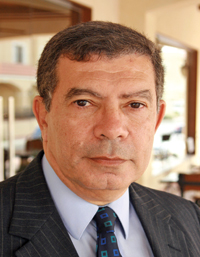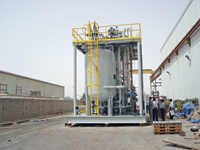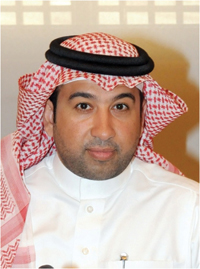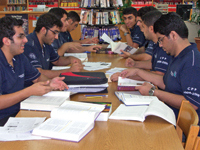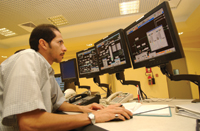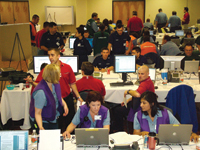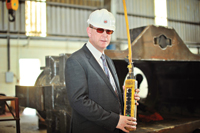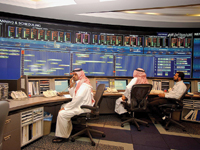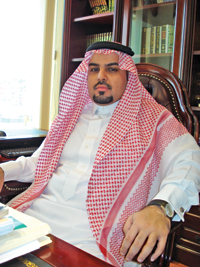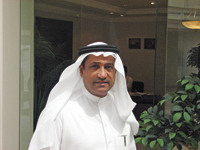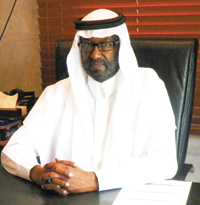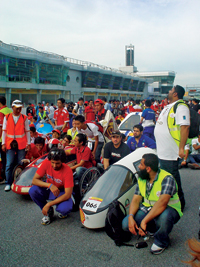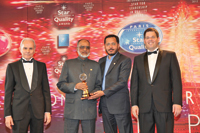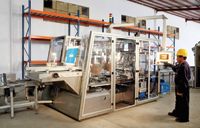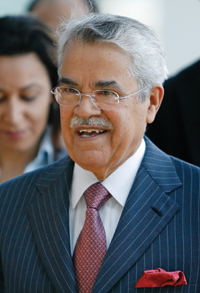
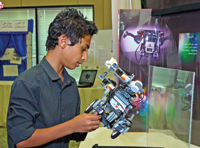 Training hands-on at Aramco
Training hands-on at Aramco
HIGHLIGHTING the need for change in the way the kingdom approaches education, Khalid A Al Falih, president and CEO of Saudi Aramco, has announced the company’s launching of a youth enrichment programme that will see 2 million young Saudis receive critical training by 2020.
“It is my firm belief that education is the only way,” Al Falih says.
The CEO refers to past and current achievements regarding education in the kingdom, including a significant improvement in literacy over the past four decades and the investment of billions of riyals in scholarships and infrastructure. That, however, is not enough to secure success in the future, he says.
With more than 35 per cent of the kingdom’s population 15 years and younger, the challenge today is greater than it has ever been, and the need for a different kind of education is just as great, says Al Falih.
In recent decades, the world has undergone structural changes that in the past took centuries to achieve, Al Falih says. The currency of this new realm is knowledge. He adds that the dynamics of this changing world “will require us to radically rethink what we know about education, how we manage it and with whom we partner”.
Al Falih points to countries such as Korea and Singapore as models of how to create an education model that masters complex knowledge and constantly reinvents its competitive advantages. It is this kind of education model the kingdom must follow to be successful in the future, he says.
“Speaking as a father, an employer and a citizen committed to our nation’s future, I want to emphasise that the rote style of education – stuffing young minds with information – won’t create a capable, adaptive workforce,” he says.
Instead, education must become less of an end product and more of an engine that is interdisciplinary, adaptable and engages students in real-life problems and applications. To do that, Al Falih points to three keys for the kingdom to transform into a knowledge-based economy.
The most successful countries employ a learning system that focuses heavily on science, technology, engineering and mathematics. To do that successfully, children must be exposed to these core disciplines at an early age.
Al Falih shared several Saudi Aramco success stories in these areas, such as:
• The company’s involvement in the Saudi Research Science Institute, a partnership with King Abdullah University of Science and Technology, Mawhiba and the Center for Excellence in Education in the US that mentors gifted Saudi 11th-graders in areas such as nanotechnology and computational math;
• Saudi Aramco’s support of Blossoms, or the Blended Learning Open Source Science or Math Studies programme, a collaborate effort with Massachusetts Institute of Technology; and
• The company’s efforts to support Mathletics, a Web-based programme that uses fun and competition to engage students.
Learning how to imbibe lifelong learning is intrinsic to successful organisations, including Saudi Aramco, Al Falih says. He notes that the company has ingrained analytical thinking and continuing education into its culture. For economies in transition to be successful, they also must make lifelong learning a process as much as a value.
In a knowledge economy, learning is not static, he says. It doesn’t end with a certificate.
To instil this value, Al Falih says the company is launching Ithra Youth, a new programme targeting Saudi youths throughout the kingdom. The company sponsored national initiative will help teach young people the principles of science, math, engineering and technology skills, as well as special skills to build personal, lifelong learning skills. The programme will provide 500,000 hours of training in 2012 alone.
And that’s just the beginning, he says. The programme will see 2 million Saudis trained by 2020. The company will also be helping teachers transition from teaching to the test to a more holistic approach, using summer workshops to give teachers an opportunity to explore new ways to connect science and math to real life.








































































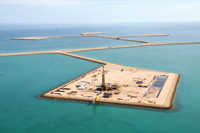


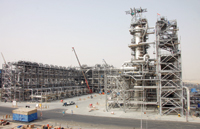


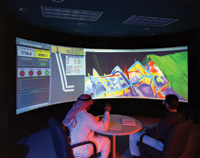
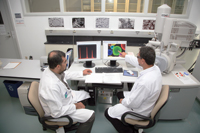







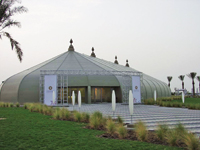
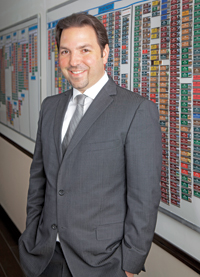
.jpg)
